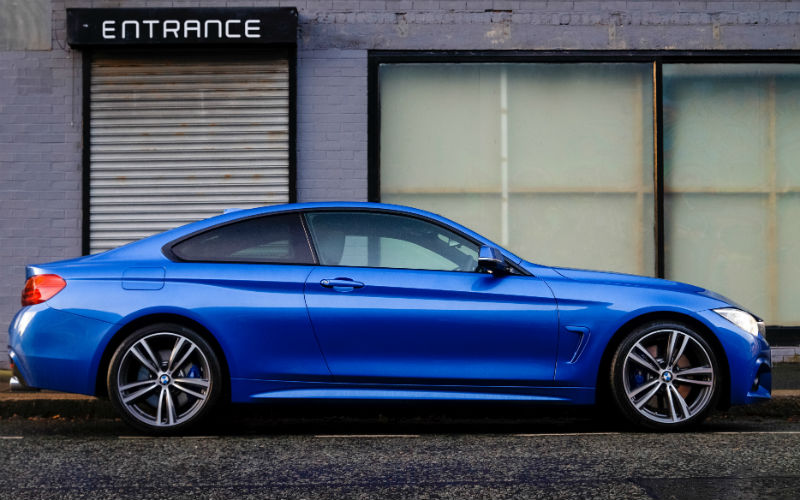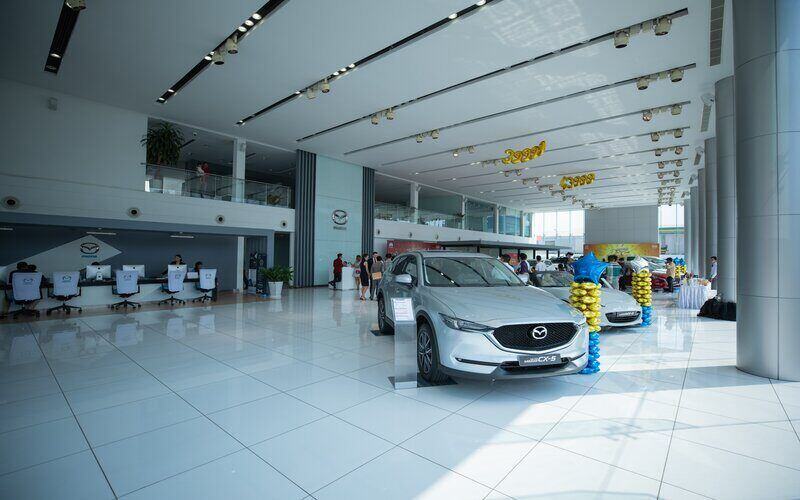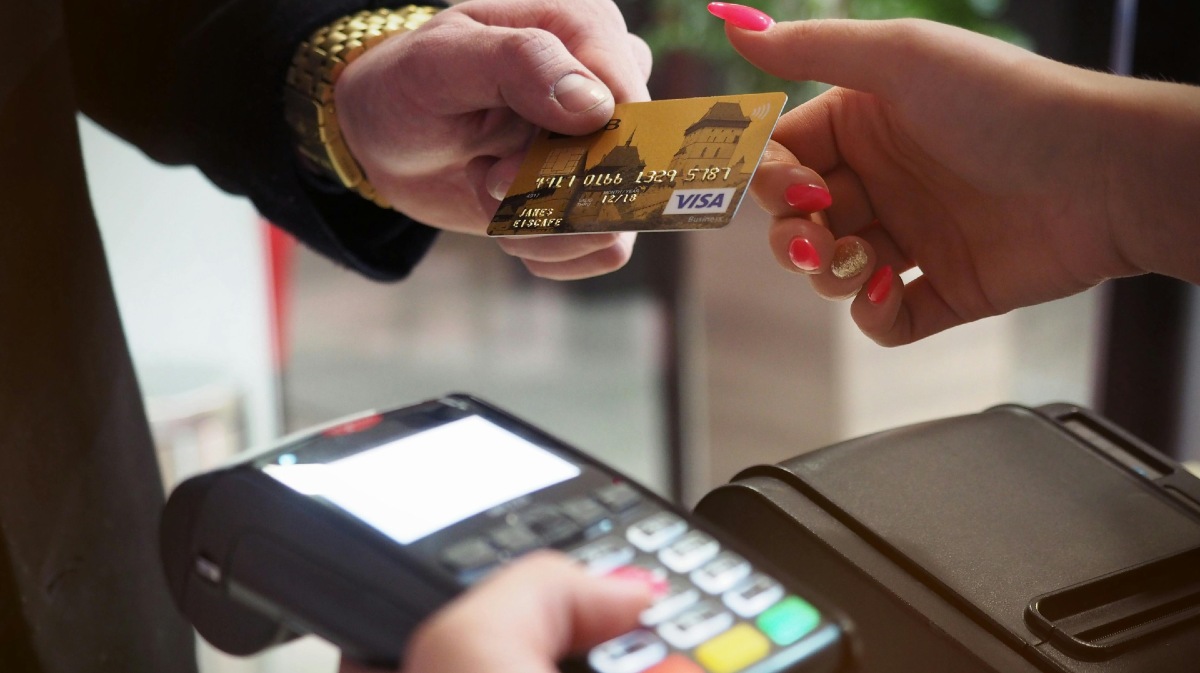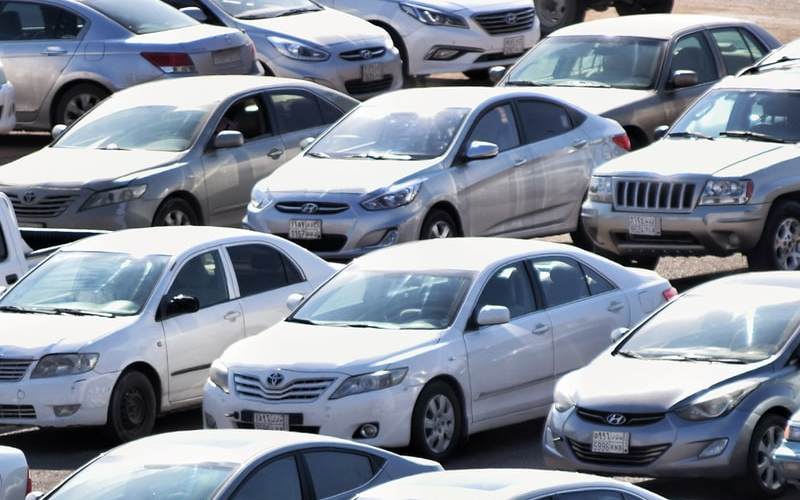When it comes to purchasing a car, the most common options available are purchasing either through a dealership or through a private seller.
If you are choosing to do the latter, performing your due diligence is necessary given private sellers, unlike dealerships, are not bound by consumer guarantees.
As a rule of thumb, what you sacrifice in consumer guarantees through a private sale, you make up for by generally paying less for the purchase of the vehicle.
Checking the vehicle
Appearance
Before handing over a wad of cash or performing a bank transfer for your new car, there are a number of factors to consider beyond whether the vehicle simply passes the eye-test. While some private sellers may have accurately valued the car based on its current condition, others may not have done their due diligence or could have listed incorrect information such as the model year.
It's your responsibility to thoroughly inspect the car by checking the exterior for paintwork, tyre and panel damage, oil leaks, and broken windows; examining the interior for working seatbelts, lights, and accessories, and wear and tear on seats and carpets; and inspecting under the hood for signs of corrosion or damage on the compliance plate, radiator cap, battery, and cooling fans.
Ensuring you complete these checks are a necessary step, given private sellers may not disclose all information about the car, including its usage history, causing for unwanted surprises when you least expect them.
Private sellers should also be able to provide:
-
An accident and owner history.
-
A car service history report (this information can also be found inside the car log book).
-
Information on reported insurance claims and write-off records.
-
Registration details.
-
Records that prove the odometer reading is correct.
Finance
When purchasing a vehicle through a private seller, one of the most important checks you can make is ensuring that there isn’t an encumbrance on the car. In simple terms, this means ensuring there is no debt outlying on the car. It's important to avoid purchasing an encumbered car because if the borrower defaults on the debt, the lender may repossess the vehicle, even if the debt is not yours.
Example: Kay doesn’t check for finance owing
Kay Oss is looking to purchase a vehicle she has found through a private seller after finding a good deal online. Kay is offered a deal to purchase the vehicle for $1,500 less than a dealership has advertised. Following an inspection, the car appears to be in good condition with low kilometres under the wheels. Kay hands over the cash and after a bit of paperwork, she rides off into the sunset.
A few months later, Kay receives a call that leaves her in tears. It turns out the original seller has done a runner, vanishing overseas with over $10,000 in car loan repayments owing. Kay had no idea about this debt and is faced with the potential of losing her car as the lender looks to recover its losses.
A useful method to check the details of a vehicle for private sale is to perform a Personal Property Securities Register (PPSR) check. This check can be completed if you have the Vehicle Identification Number (VIN) of the car you are looking at purchasing. For less than a cup of coffee, you can find out if a car is encumbered or not through a PPSR check. A PPSR check will also provide information to let you know if the vehicle has been written off or passed a written-off vehicle inspection.
In an ideal world, the PPSR check should align with the information the seller has provided to potentially prevent you driving away with a lemon.
Paying for the vehicle
There are a number of different ways you could elect to pay for your new vehicle once you have completed necessary checks to ensure the vehicle is not in fact a lemon.
Cash
As the saying goes, cash is king. When it comes to purchasing a new (used) car, cash can provide a safe means to ensure that the seller does not run away with your money into the sunset prior to handing over the keys. In September 2019, the Federal Government introduced a cash transaction withdrawal limit of $10,000, however this limit excludes transactions involving second-hand goods.
You could choose to meet the seller at a bank branch and perform the transfer of funds there with the teller. In this case, the transfer is instantaneous and both you and the seller receive a receipt (not to mention you are both on camera!). This is arguably the safest method to ensure you avoid any hiccups that could potentially result in the deal unravelling.
If the seller has finance on the car then it’s important to get a payout letter from the bank or lender and allow the bank branch to take care of this process at the same time as the transfer of the balance occurs to the seller (don't trust the seller to do the payout!). Importantly, call the lender to hear first hand that the payout figure and transfer information is correct.
Bank cheque
Another route to take as opposed to cash is to present the seller with a bank cheque. This means you are paying the bank, with the bank guaranteeing the funds will be available to the seller once the cheque is cashed. With a bank cheque, you can present the cheque to the seller and the seller can hand over the keys.
Digital transfer
Arguably the most convenient method, yet the most risky, is through digital or online transfer. While Osko could be the most efficient method through instant transfer, banks generally cap Osko transfer limits up to a maximum of $5,000 per day. If you elect to transfer digitally, generally you will need to ask your bank beforehand to increase the daily limit cap to ensure you can process the transfer correctly. Inform them of the reason you are looking to increase the daily transfer limit and complete verification steps as they are required.
Savings.com.au’s two cents
Trusting a private car sale requires you to have your wits about you when factoring in the pros and cons as it can be easy to get caught up in the pressure of the moment. First and foremost, ensure you thoroughly research both the seller and the vehicle to verify that the sale is legitimate and that the car is in good condition.
For less than the price of a coffee, complete a $2 PPSR check verified by the Australian Government to provide up-to-date information on the history of the vehicle including accident reports and whether there is any finance owing. Inspect the car's maintenance records, conduct a test drive, and perhaps even hire a professional mechanic to inspect the vehicle. Additionally, ensure that all necessary documentation, such as the title and registration, are in order before completing the sale.
By taking these precautions, you can ensure your next car purchase is a successful experience while avoiding both financial and emotional scars.
Advertisement
In the market for a new car? The table below features car loans with some of the lowest interest rates on the market.
| Lender | Car Loan | Interest Rate | Comparison Rate* | Monthly Repayment | Interest Type | Vehicle Type | Maximum Vehicle Age | Ongoing Fee | Upfront Fee | Total Repayment | Early Repayment | Instant Approval | Online Application | Tags | Features | Link | Compare | Promoted Product | Disclosure |
|---|---|---|---|---|---|---|---|---|---|---|---|---|---|---|---|---|---|---|---|
5.99% p.a. | 7.12% p.a. | $580 | Variable | New | No Max | $8 | $400 | $34,791 |
| Promoted | Disclosure | ||||||||
6.52% p.a. | 6.95% p.a. | $587 | Fixed | New, Used | No Max | $0 | $350 | $35,236 |
| Promoted | Disclosure | ||||||||
6.28% p.a. | 6.28% p.a. | $584 | Fixed | New | No Max | $0 | $0 | $35,034 |
| Promoted | Disclosure |
Image by Antoni Shkraba via Pexels






 Denise Raward
Denise Raward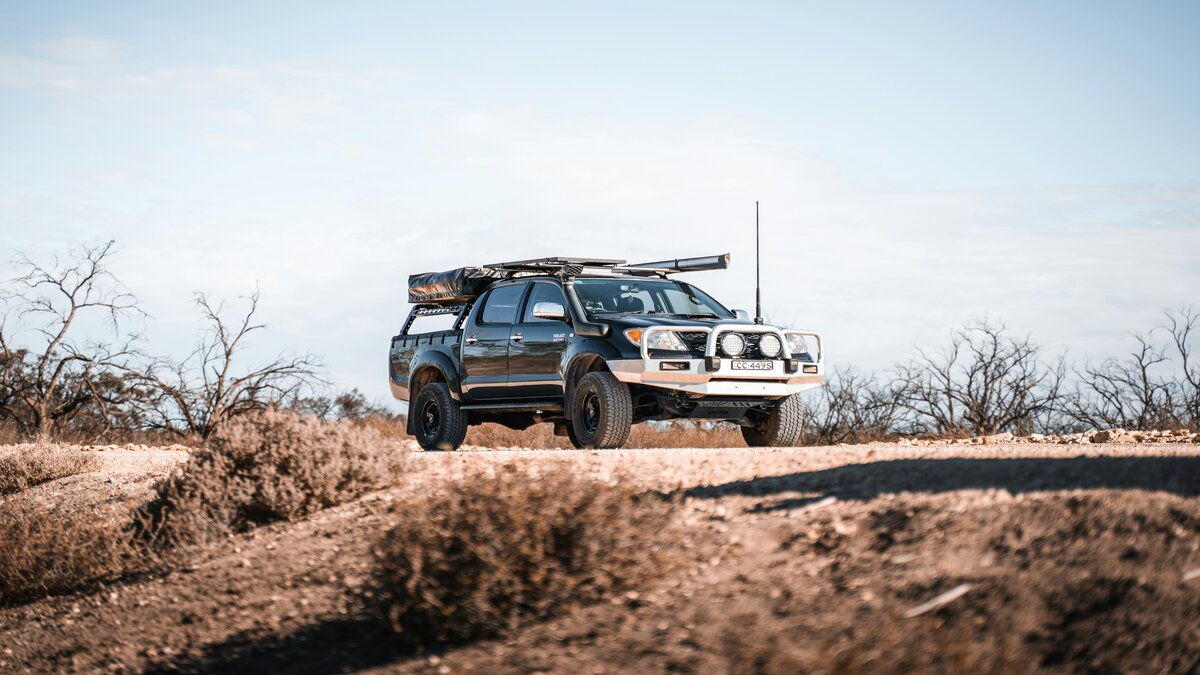
 Harry O'Sullivan
Harry O'Sullivan
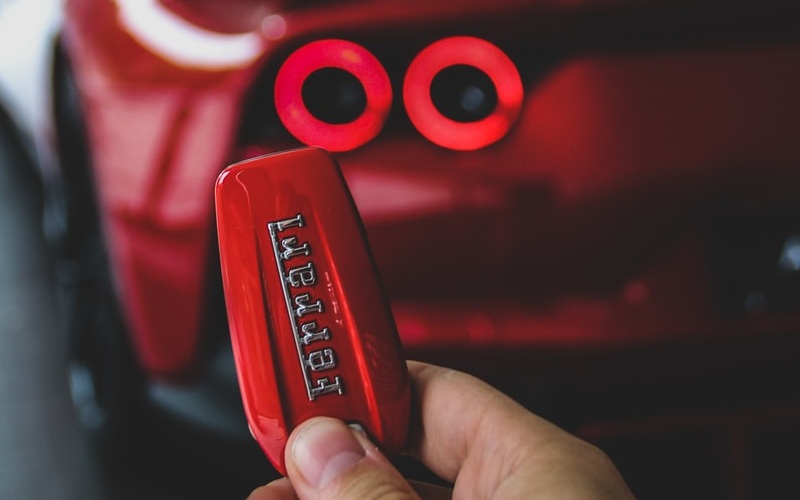
 Harrison Astbury
Harrison Astbury